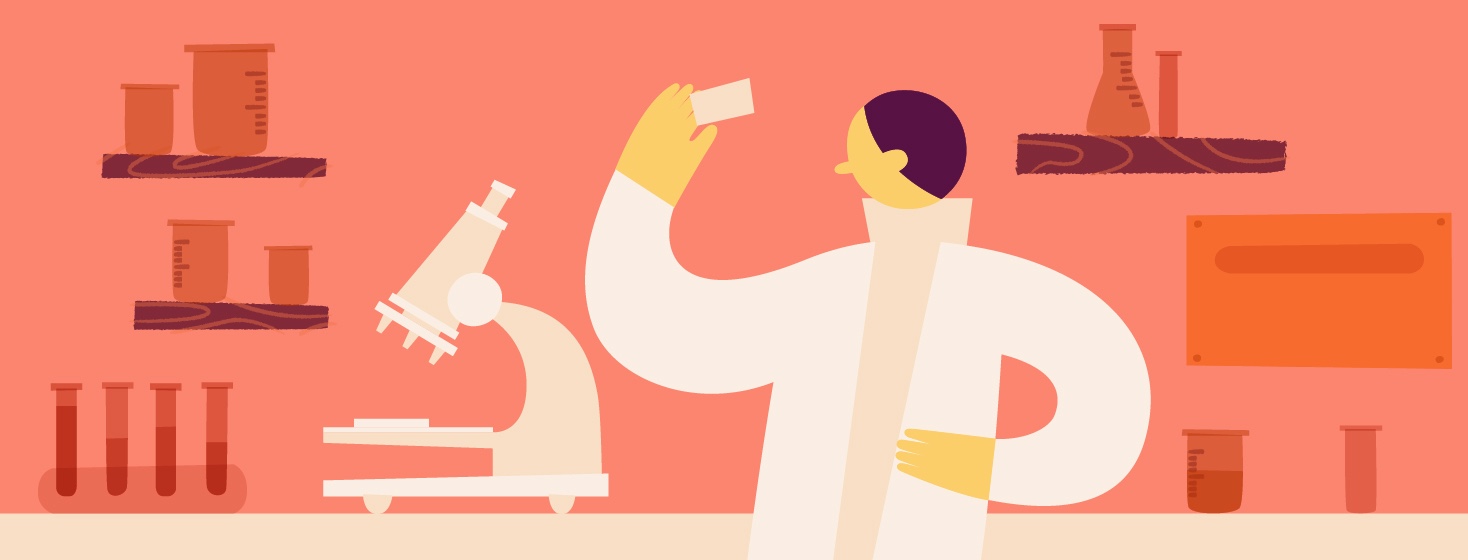Could a Protein One Day Prevent and Treat COPD?
There is a protein COPD researchers are very interested in. It is called adenine nucleotide translocase (ANT). They are hoping this protein may someday be used as a potential treatment for COPD. It may also prevent COPD from developing.1-2 Here’s what to know about this exciting new discovery.
Preventing COPD
Protection from cigarette smoke
I have written before about how some people may have enzymes or proteins that may prevent COPD. I think that ANT is one of them. It may protect your lungs from the effects of cigarette smoke.2
ANT production
Researchers have studied the airways of mice and humans. They have discovered that the airways of mice and humans with COPD have less ANT. What happens, they think, is that the gene that is supposed to make ANT does not make very much of it. So, it is thought that those who do produce enough ANT are less likely to develop COPD when exposed to harmful substances in the air like cigarette smoke.1-2
Hydration
Dry airway cells
What ANT does is manage the homeostasis of things like water. Homeostasis is a fancy term meaning that they help to maintain balance or normalcy. Too much ANT produced by genes in your lungs may cause too much hydration. And, in our case, too little may cause airway cells to become too dry.1-2
Mucus
We have written before about how cells in our lungs need to be well hydrated. This is important for proper airway cell function. Cells lining airways are responsible for moving mucus (secretions). Mucus is secreted by certain airways cells. It lubricates airways. It is also a part of your immune system. It is a sticky substance that traps and kills unwanted germs and particles. It helps to keep these out of our lungs which keeps them cleaner.3-4
Cilia
Cells lining airways also have fine-hairlike structures called cilia. These move in a wavelike motion to move secretions to your upper airways so you can cough them up or swallow them. After years of inhaling harmful substances, the lungs of COPD patients become damaged. Airway cells become dehydrated and lose their cilia. So, they are unable to do their job of moving secretions. This causes secretions to stay in the airways and potentially obstruct the flow of air. This causes symptoms like shortness of breath.1-4
No current treatment
At the present time, there is no treatment for this. There is no medicine to rehydrate cells or to improve mucociliary clearance from COPD lungs. Researchers are hoping to discover a way to tell genes to increase ANT production. They are also are hoping this may be an effective treatment for COPD or perhaps even a potential therapy to prevent COPD from developing.1-2
The role of amoeba
Using cilia
Researchers are currently looking at a certain amoeba. This is a single-celled organism. They have found one amoeba that uses cilia in a similar way as cells lining airways. So they are studying it to see if they can find genes that protect the amoeba from developing COPD. They will also see if this may help them to create the same effect in mice and eventually humans.1
Protecting lungs
They have been studying an amoeba called Dictyostelium discoideum. They exposed this amoeba to cigarette smoke and monitored various cells to see what effect smoking had on them. They learned that cells that grew best were those with a gene called ancA. This is a gene that makes the ANT protein. They learned that "boosting ANT activity" in human lungs protected them from the effects of cigarette smoke.1-2
Increasing hydration
This was able to improve the hydration of cells, thereby increasing cilia function. It worked in the amoeba regardless of the exposure to cigarette smoke. Researchers are hoping they can replicate this in human lungs which will perhaps lead to a potential future treatment option for COPD.1-2
Researchers hard at work
This is another example of how hard researchers are working to learn more about our disease. The hope is that this research leads to better treatment options, or potentially even a cure for COPD.
Have you heard about any exciting COPD research? Share in our forums section by clicking the button below!

Join the conversation